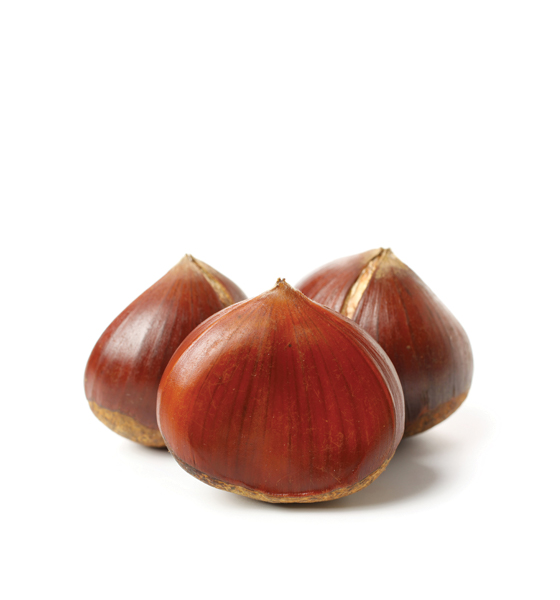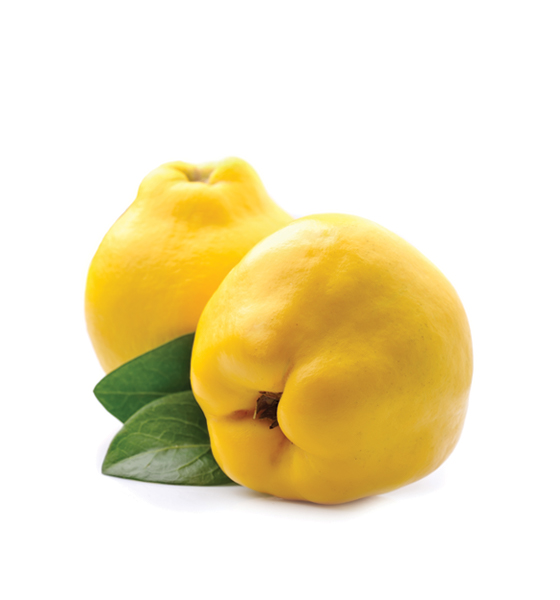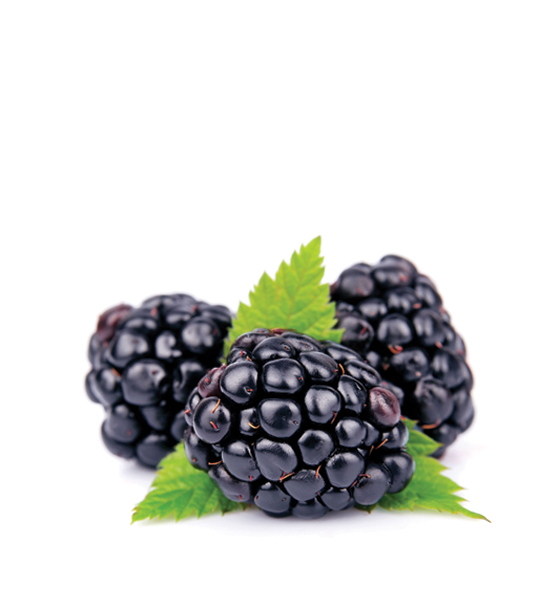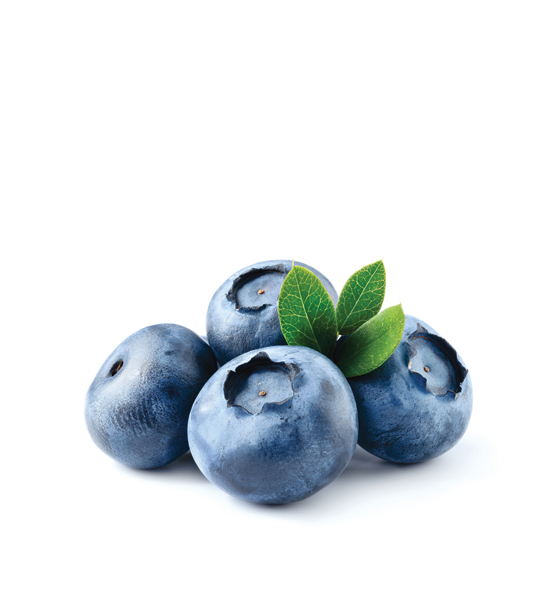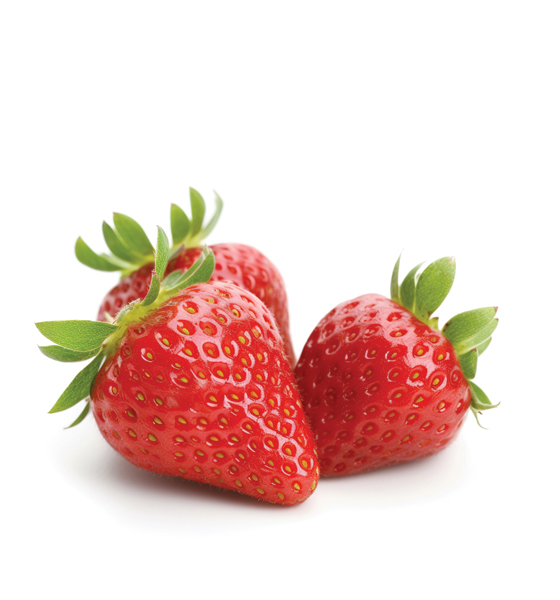CHESTNUT
Chestnut is known as the “bread tree” among the people because it is one of the first sources of food for humans. In Ottoman palace kitchens, chestnuts were frequently used, and they were never absent from the sultans’ tables. Due to the thick shells of chestnuts, all the vitamins are preserved when cooked. Chestnuts are mostly eaten fresh, boiled, or prepared as kebabs. Chestnut candies are also made. Chestnuts are also indispensable in the pastry industry. Chestnuts are a nutritious and high-calorie food rich in vitamins B1, B2, and C. Chestnuts contain a large amount of fat and protein. They also contain potassium, phosphorus, magnesium, chlorine, calcium, iron, and sodium minerals.
SPECIFICATIONS
Country: TURKEY
Size/Weight: (+) 200 gms
Packaging Weight: 03 | 05
Description
BENEFITS
Chestnuts provide strength and energy to the human body, and they also enhance sexual potency. They relieve physical and mental fatigue and accelerate patients’ recovery. Chestnuts lower cholesterol levels in the blood, regulate and accelerate blood circulation, and reduce varicose veins and hemorrhoid complaints. They are beneficial for the liver and stomach, and they stop diarrhea. Chestnuts can be eaten fresh, boiled, or prepared as kebabs. Additionally, the chestnut’s shell and the bark and leaves of its tree are also used. Boiling chestnut shells and drinking the resulting water calms the nerves and reduces fever. Chestnuts are consumed roasted on fire, boiled, or boiled in water. The first is called “chestnut kebab” in Turkey. In this method, chestnut fruits are prepared by giving them a light scratch at the top, then baked at 200-220°C for 10-15 minutes.

